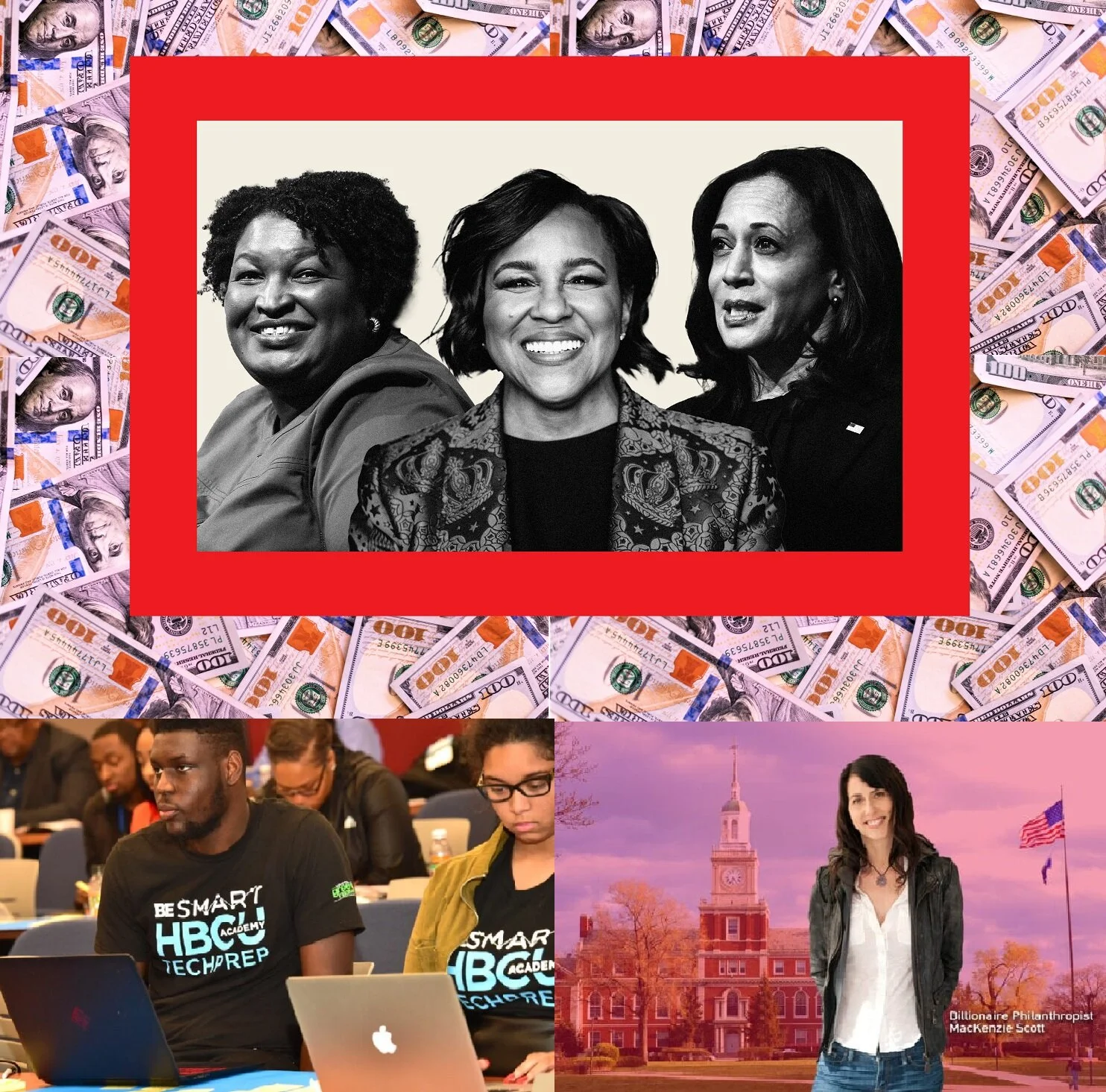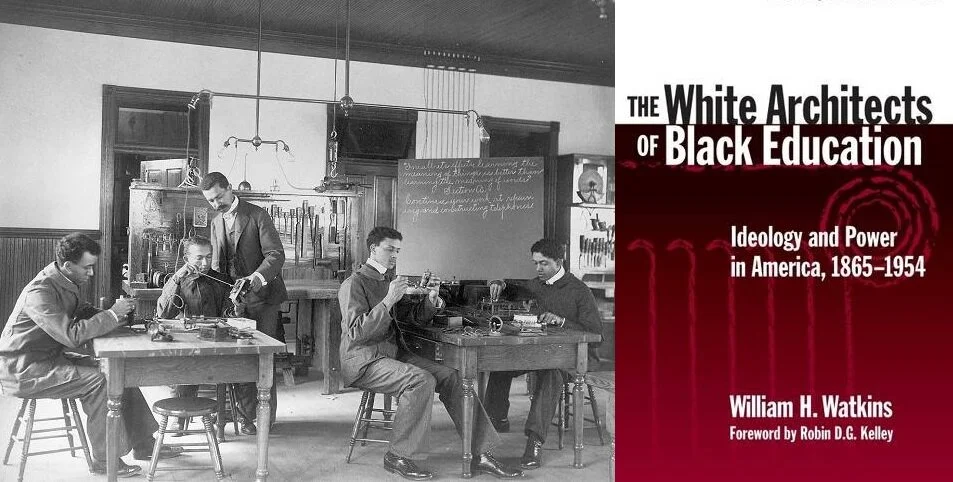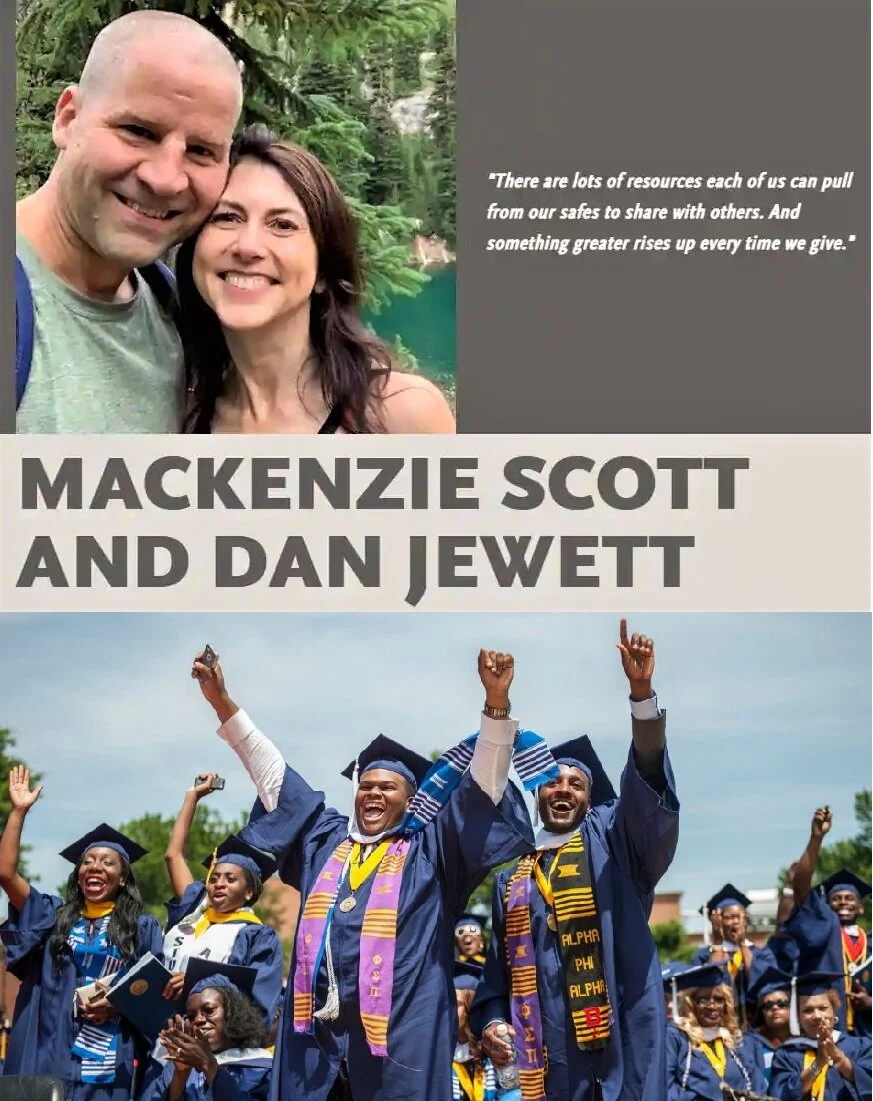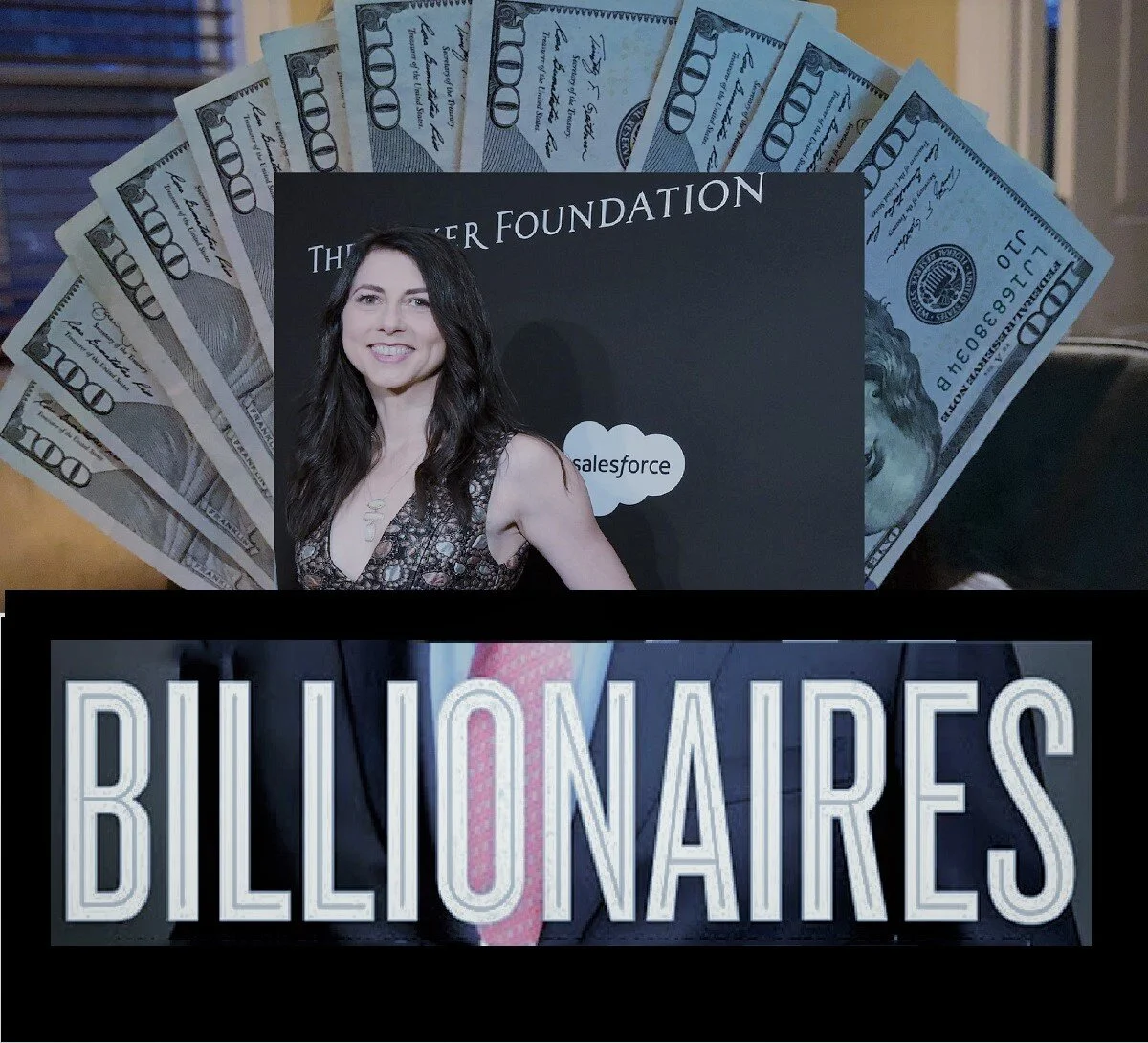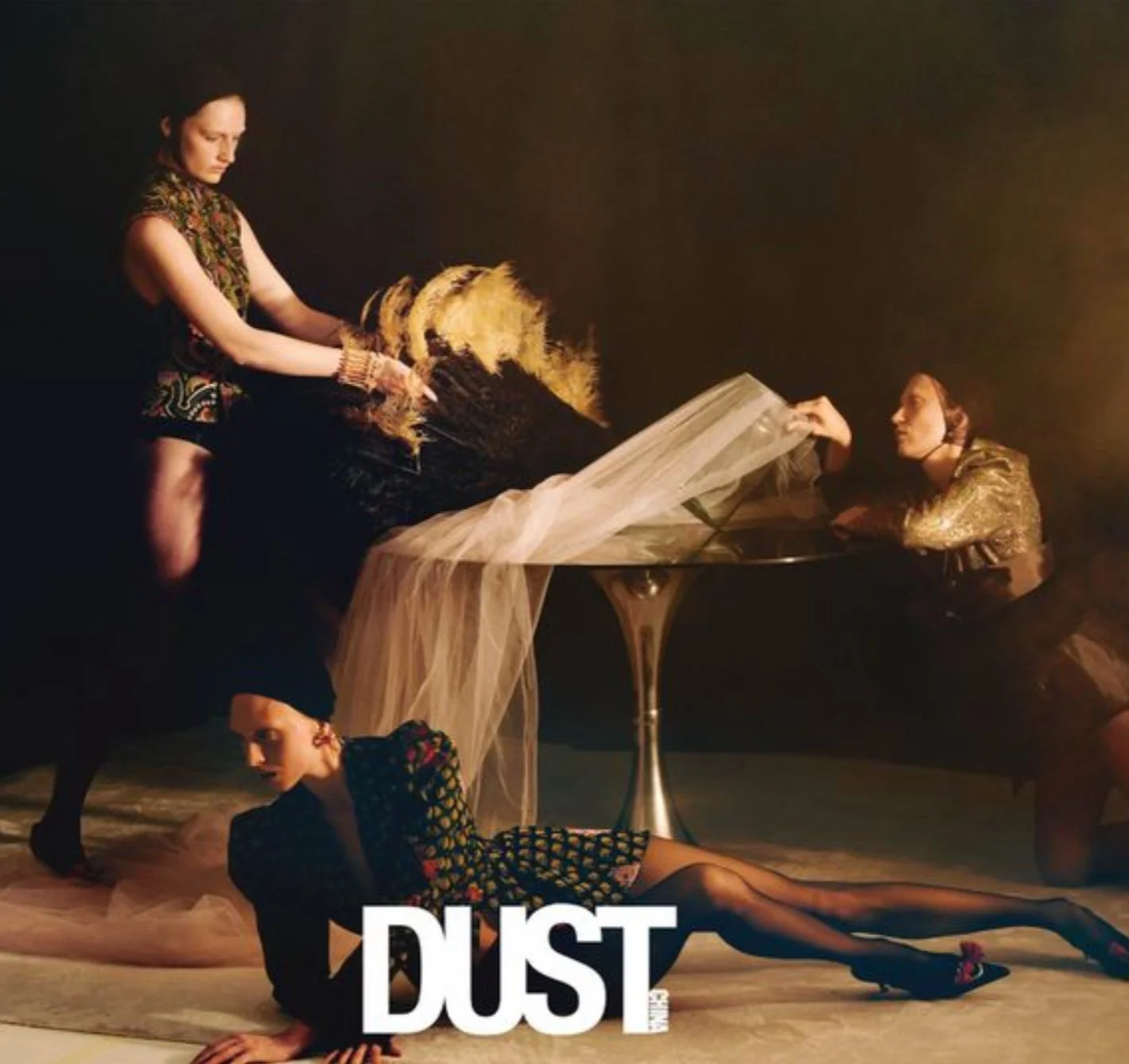MacKenzie Scott's HBCU Giving Contrasts Starkly With Historical White Funders
/MacKenzie Scott's HBCU Giving Contrasts Starkly With Historical White Funders AOC Blackness
Novelist and billionaire philanthropist MacKenzie Scott has so far given at least US$560 million to 23 historically Black colleges and universities. These donations are part of a bid she announced in 2019 to quickly dedicate most of her fortune to charity.
Scott’s gifts, including the $6 million she donated to Tougaloo College in Mississippi and the $45 million she gave North Carolina A&T University, vary in size but nearly all of the colleges and universities describe this funding as “historic.” For many, it was the largest single donation they had ever received from an individual donor.
Scott, previously married to Amazon founder Jeff Bezos, is not making a splash just because of the size of her donations. She has an unusually unrestrictive get-out-of-the-way approach.
“I gave each a contribution and encouraged them to spend it on whatever they believe best serves their efforts,” Scott wrote in a July 2020 blog post.
She sees the standard requirements that universities and other organizations report to funders on their progress as burdensome distractions. Instead of negotiating detailed agreements before making a gift, she works with a team of advisers to stealthily vet a wide array of nonprofits, colleges and universities from afar before surprising them with her unprecedented multimillion-dollar gifts that come without any strings attached.
Scott is also supporting students of color through donations to the United Negro College Fund and the Thurgood Marshall College Fund, which give HBCU students scholarships, and by supporting many other colleges and universities that enroll large numbers of minority students.
Her approach sharply contrasts with how many wealthy white donors have interacted with Black-serving nonprofits, including HBCUs, in the past. As a historian of philanthropy, I have studied the paternalism of white funders, including those who helped many of these schools open their doors.
HBCU Origins
The first HBCUs were founded in Northern states before the Civil War, including Cheyney and Lincoln universities in Pennsylvania and Wilberforce University in Ohio. After the war, most HBCUs were established in Southern states. These institutions were lifelines for Black Americans seeking higher education during decades of Jim Crow segregation that locked them out of other colleges and universities. (Disclosure: I earned my bachelor’s degree at Lincoln University.)
Although many white philanthropists made large gifts to these schools, their support was fraught with prejudice. Initially, white funders pushed for HBCUs to emphasize vocational training, then called “industrial education,” such as blacksmithing, printing and shoemaking, over more intellectual pursuits.
White philanthropists including Andrew Carnegie and John D. Rockefeller had poured millions from their fortunes into the proliferation of Black industrial schools by the early 20th century. The HBCUs Hampton University in Virginia and Tuskegee University in Alabama, which received donations from Scott, were leading models of industrial education for decades.
Black students during a class on the assembly and repair of telephones at Hampton Institute (1899). US Library of Congress.
The vocational curriculum at these schools was promoted as preparing Black students to be skilled laborers and academic teachers. During this era, however, most graduates worked as unskilled laborers or vocational teachers.
White Southerners overwhelmingly approved of this arrangement, which left many HBCU grads on the bottom rung of society rather than making them educated citizens. Emphasizing industrial education at HBCUs preserved the superior economic status of white Americans and the racist system of segregation. But African Americans’ educational aspirations required much more.
W.E.B. Du Bois, a prominent Black intellectual, was a leading critic of the funding HBCUs got from wealthy whites. He said: “Education is not and should not be a private philanthropy; it is a public service and whenever it merely becomes a gift of the rich it is in danger.”
Read on: MacKenzie Scott's HBCU Giving Contrasts Starkly With Historical White Funders AOC Blackness
